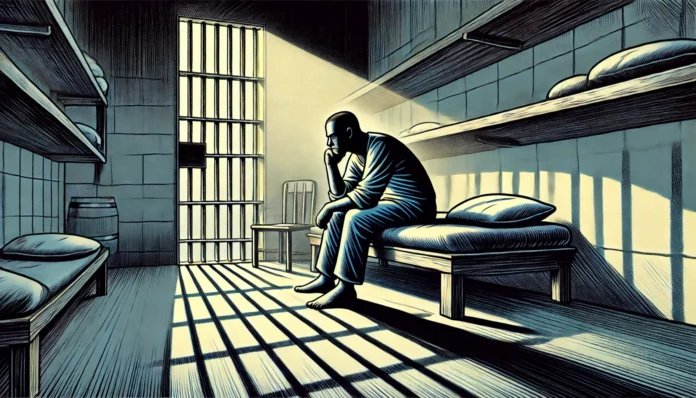Atheists Under Threat: Places Where Nonbelief Is a Crime
In the 21st century, freedom of belief is often taken for granted in many parts of the world. Yet, for millions of atheists, agnostics, and other nonbelievers, openly professing their worldview can be a dangerous act—one that risks social ostracism, legal penalties, or even death. Despite growing global awareness of human rights, there remain numerous countries where nonbelief is not just frowned upon, but criminalized. This article explores the harsh realities faced by atheists in these regions, the laws that endanger them, and the international efforts striving to protect their rights.
Criminalizing Nonbelief: Where Atheism Is a Crime
According to the Humanists International Freedom of Thought Report, at least 13 countries currently maintain the death penalty for apostasy or blasphemy—crimes that often include renouncing or criticizing religion. In many more, atheists face imprisonment, fines, or severe social consequences for expressing their views.
- Saudi Arabia: The kingdom enforces strict Islamic law, and atheism is officially classified as terrorism. Publicly declaring nonbelief can result in imprisonment, corporal punishment, or worse. [BBC News]
- Iran: Apostasy is punishable by death under Iran’s penal code. Even suspected atheists can face harassment, arrest, and torture. [Amnesty International]
- Pakistan: Blasphemy laws are notoriously harsh, with accusations often leading to mob violence, lengthy prison sentences, or capital punishment. [Pew Research Center]
- Afghanistan: Under Taliban rule, apostasy and blasphemy are capital offenses. Nonbelievers must hide their views to survive. [Human Rights Watch]
- Mauritania, Maldives, Sudan, and others: These countries also maintain the death penalty for apostasy or blasphemy, making open atheism life-threatening. [Humanists International]
Social Persecution: Beyond the Law
Even in countries where the law does not explicitly criminalize atheism, social persecution can be just as severe. In many societies, nonbelievers are shunned by their families, lose their jobs, or become targets of violence. For example, in Bangladesh, secular bloggers and activists have been murdered by extremists for expressing atheist views. [Amnesty International]
In Egypt, blasphemy laws are used to silence dissent and target those who question religious orthodoxy. Atheists are often portrayed as threats to social order, leading to widespread discrimination. [Human Rights Watch]
Legal Penalties: Blasphemy and Apostasy Laws
Blasphemy and apostasy laws are the primary legal tools used to suppress nonbelief. These laws are often vaguely defined, allowing authorities to target anyone who challenges religious norms. According to Amnesty International, such laws violate international human rights standards, including the right to freedom of expression and belief.
The Pew Research Center reports that religious restrictions have risen globally, with blasphemy laws still enforced in over 80 countries. In some cases, these laws are used to settle personal scores or suppress political opposition, further endangering nonbelievers.
Stories from the Frontlines
The human cost of these laws is profound. In 2020, Nigerian atheist Mubarak Bala was arrested and detained without charge for over a year after criticizing religion on social media. His case drew international condemnation and highlighted the dangers faced by outspoken atheists. [Humanists International]
In Malaysia, outspoken atheist groups have faced government crackdowns, with officials threatening to “hunt down” those who promote atheism. [BBC News]
These are just a few examples among countless others who have suffered for their beliefs—or lack thereof.
International Efforts and Advocacy
Despite these challenges, there is hope. Organizations like Humanists International, Amnesty International, and Human Rights Watch are working tirelessly to document abuses, support victims, and pressure governments to repeal oppressive laws.
The United Nations has repeatedly called for the abolition of blasphemy and apostasy laws, emphasizing that freedom of thought and expression are fundamental human rights. International campaigns, such as the End Blasphemy Laws initiative, have made significant strides in raising awareness and pushing for legal reforms.
The Road Ahead
While progress is slow, there have been victories. In 2020, Sudan abolished the death penalty for apostasy, a move hailed by human rights advocates. However, much work remains to be done. As long as laws and social norms continue to endanger nonbelievers, the fight for freedom of belief must continue.
For those living in countries where atheism is a crime, international solidarity and advocacy offer a lifeline. By shining a light on these injustices and supporting those at risk, the global community can help ensure that everyone—regardless of belief—can live free from fear and persecution.

